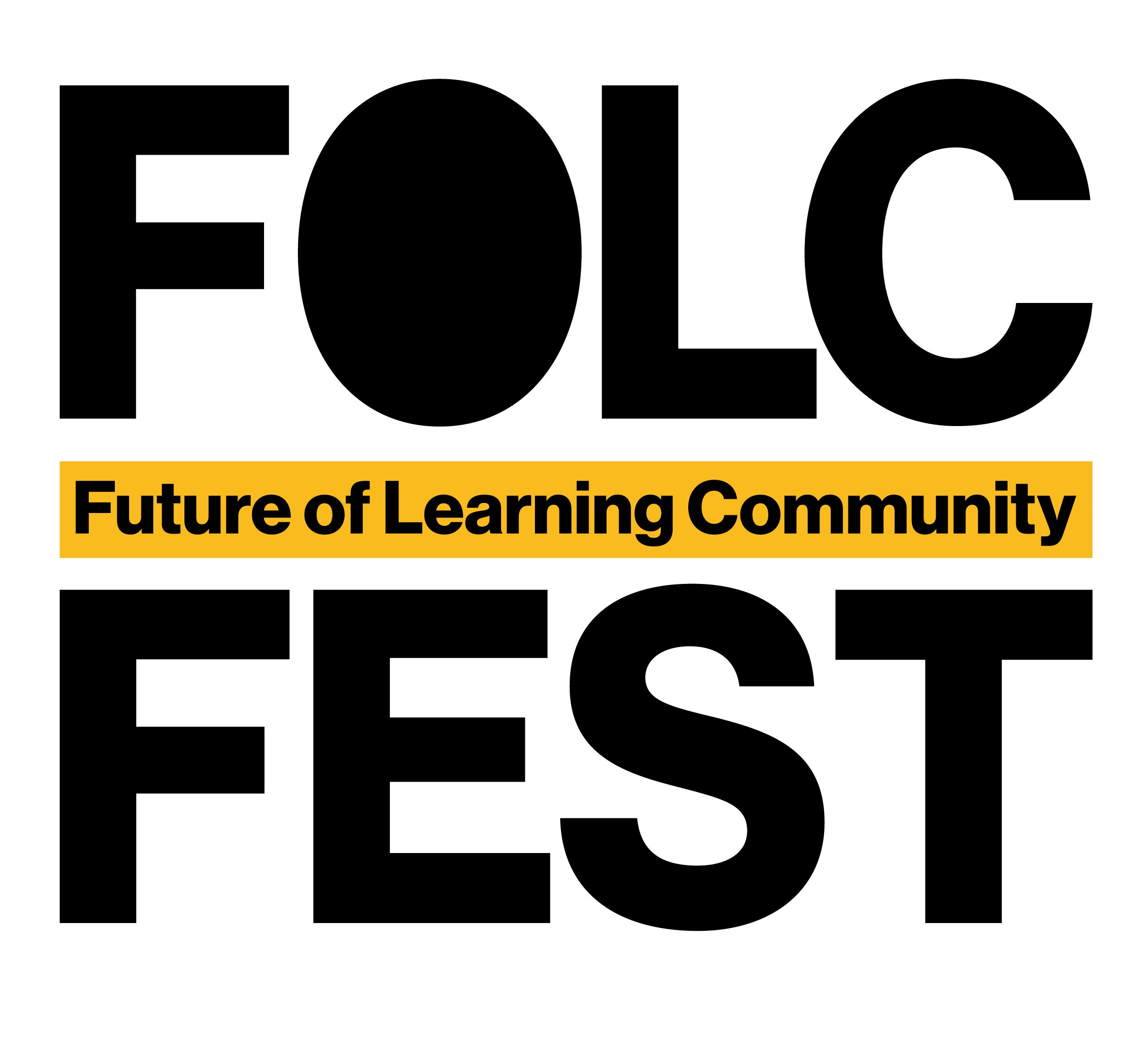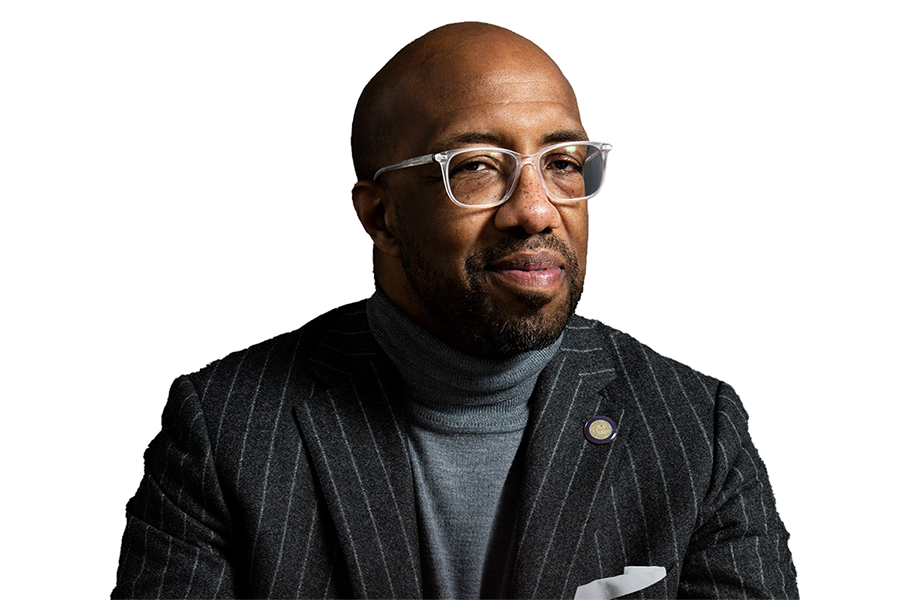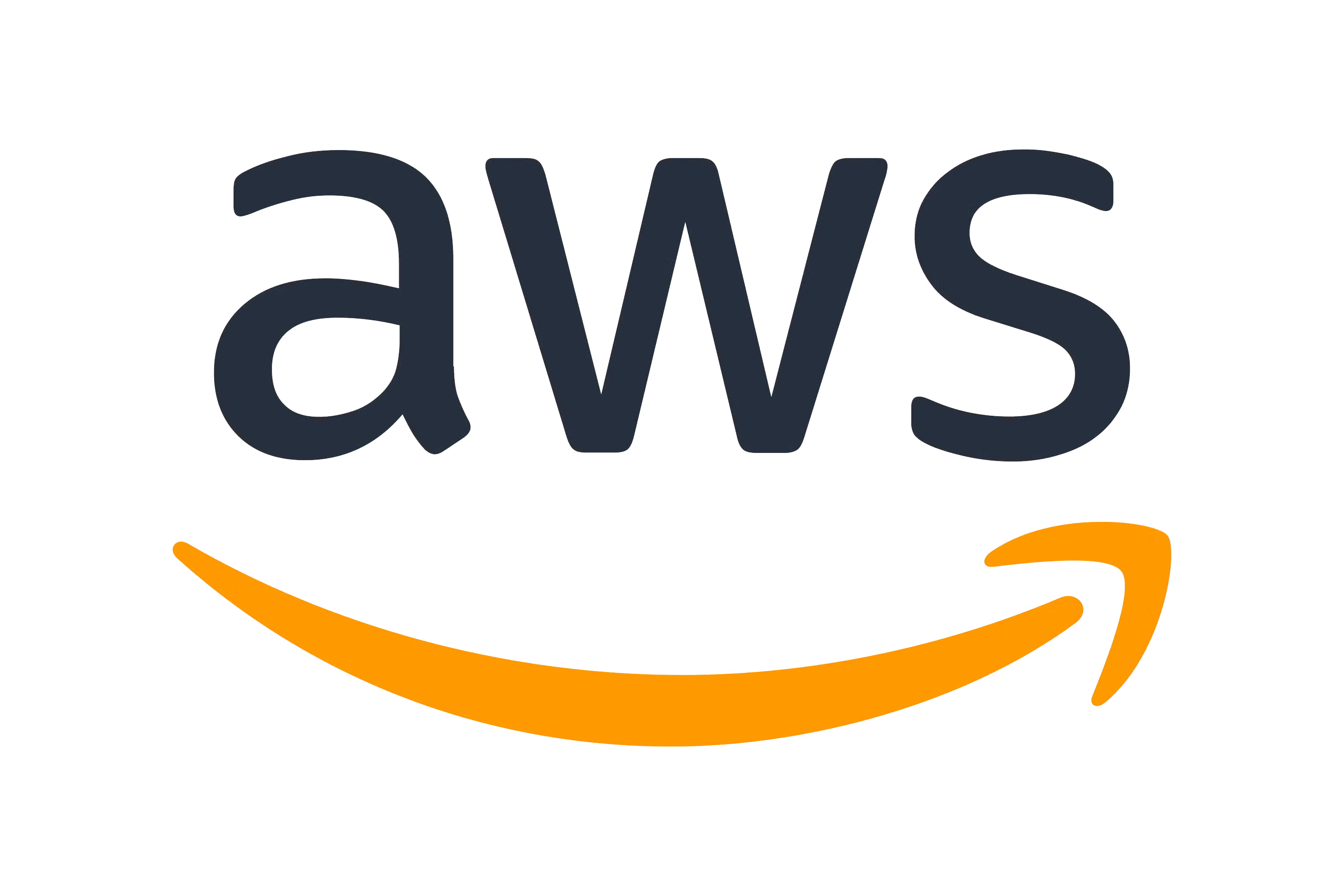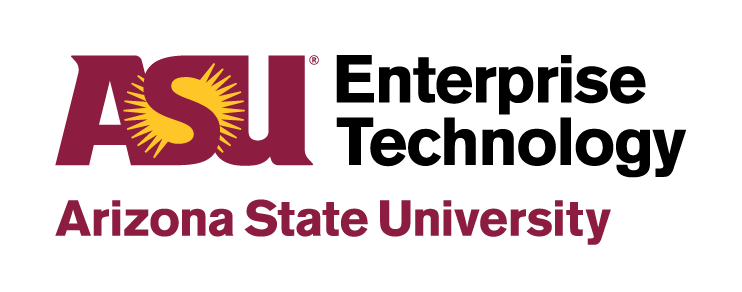
Join us for two days of intellectual jamming with friends and colleagues across the university at The Omni Tempe Hotel at ASU.
Announcing the FOLC Fest 2025 Headliners (aka Keynotes)
We are thrilled to feature two distinguished academic trailblazers, each renowned for their groundbreaking contributions and transformative insights in higher education.
Both keynotes promise to challenge assumptions, inspire new ideas and spark meaningful dialogue.
Agenda and Sessions
Thursday, Feb. 27
| Session name | Time | Room |
|---|---|---|
Check-in
Attendees should make their way to the second floor lobby at the Omni Tempe Hotel at ASU for check-in where our FOLC Fest volunteers will provide your badge, FOLC Fest swag and answer any questions you may have throughout the conference. Time:
-
Room: Omni Lobby, second floor |
- | Omni Lobby, second floor |
Vendor Expo
Pick-up your FOLC Fest tote bag and head over to the Vendor Expo! Attendees are encouraged to visit the expo happening throughout FOLC Fest. Exhibitors include Platinum sponsor Instructure, Silver sponsors Macmillan Learning: iClicker, Turnitin, and Amazon (AWS) along with various ASU departments. Time:
-
Room: Omni Lobby, second floor |
- | Omni Lobby, second floor |
FOLC Fest 2025 Welcome with Provost Gonzales
Join us as Executive Vice President and University Provost Nancy Gonzales kicks off FOLC Fest 2025 with an inspiring welcome. A proud ASU alumna and trailblazer in psychology research, Dr. Gonzales will set the stage for our exploration into the future of learning through the lens of Principled Innovation. Speaker: Time:
-
Room: Salt River Ballroom 4-5 |
- | Salt River Ballroom 4-5 |
Keynote with Michael J. Sorrell
From Chaos to Clarity: Innovation Strategies for Leading Through UncertaintyWhen Dr. Michael J. Sorrell accepted the position of president of Paul Quinn College, the institution faced many challenges: dwindling graduation rates, eroded academic standards, and dwindling funds. Faced with uncertainty lurking at every corner, Dr. Sorrell led with empathy and integrity to bring a clear vision and inspired the community to reimagine the future of Paul Quinn College. The school is now pointed to as an example of academic excellence and innovation among HBCUs and small colleges. Drawing from his own experiences, Dr. Sorrell offers valuable strategies for managing resistance, mindful innovation, and sustaining healthy growth and transformation for diverse communities. Speakers: Time:
-
Room: Salt River Ballroom 4-5 |
- | Salt River Ballroom 4-5 |
Welcome Reception
Join the FOLC Fest 2025 kick-off celebration with networking with colleagues, live music from ASU's very own Chris Smudde and MC/DJ Matthew Robinson. Each attendee will receive one complimentary drink ticket. Hors d'oeuvres and a cash bar will be available. Thank you to Canvas for sponsoring this reception. Time:
-
Room: Salt River Ballroom 4-5 |
- | Salt River Ballroom 4-5 |
Friday, Feb. 28
| Session name | Time | Room |
|---|---|---|
Vendor Expo
Attendees are encouraged to visit the expo happening throughout FOLC Fest. Exhibitors include Platinum sponsor Instructure, Silver sponsors Macmillan Learning: iClicker, Turnitin, and Amazon (AWS) along with various ASU departments. Time:
-
Room: Omni Lobby, second floor |
- | Omni Lobby, second floor |
| Session name | Time | Room |
|---|---|---|
Check-in and Breakfast
Arrive early and join us for continental breakfast while you visit with conference exhibitors and get settled in for a full day of engaging sessions. Time:
-
Room: Omni Lobby, second floor |
- | Omni Lobby, second floor |
Welcome Remarks from FOLC Committee and Instructure
We kick-off day two with opening remarks from FOLC Fest Committee Co-Chairs and a word from our Platinum sponsor, Instructure.
Co-Chairs: Instructure:
Time:
-
Room: Salt River Ballroom 4-5 |
- | Salt River Ballroom 4-5 |
Keynote Intro with Lev Gonick
Lev Gonick is Enterprise Chief Information Officer at Arizona State University. Enterprise Technology at ASU leads the design and agile management of all enterprise infrastructure, applications, products, services and analytics. Join Lev for a quick check of the Enterprise Technology pulse and learn more about what's happening in their neck of the woods, where the future of learning is always top of mind. Speaker: Time:
-
Room: Salt River Ballroom 4-5 |
- | Salt River Ballroom 4-5 |
Keynote and Student Panel with Michael M. Crow
In 2018, Dr. Michael Crow gave a forward-looking community address on the ever-increasing velocity of change, and his vision for ASU’s evolution as a responsive 21st Century, student-centric and technology-enabled national service university. Fast forward to 2025, and ASU has put those concepts to the test, surviving unanticipated challenges and thriving in an increasingly complex and unpredictable academic landscape. Fueled by rapid progress, proven resilience and incredible teamwork, ASU is actively expanding the frontiers of global teaching, learning, discovery and innovation, all within an institutional framework rooted in character and values, and it has no plans to slow down. In his keynote, Dr. Crow will discuss the importance of designing education for a fast-changing, technology-driven society while balancing principled decision-making that prioritizes human need, improved outcomes, and the future success of our democracy. Speaker: Panelists: Bella Faria Public Service and Public Policy (BS) Farnaz Avarzamani Jana Vandenberg Kofi Wood Time:
-
Room: Salt River Ballroom 4-5 |
- | Salt River Ballroom 4-5 |
Quick break
Time:
-
|
- |
Lunch and Learn Panel with Provost Teaching Awardees
Grab your lunch and join us in celebrating and learning from the recipients of the Provost Teaching Awards, faculty members who exemplify teaching excellence and a deep commitment to student success. This panel will feature awardees sharing their innovative approaches, strategies, and experiences in fostering inclusive and impactful learning environments through Principled Innovation. Panelists will discuss how they apply ethical decision-making, collaboration, and forward-thinking practices to advance student success while aligning with the ASU Charter. Through their insights, we will explore how Principled Innovation shapes their teaching philosophies, enhances student learning, and prepares learners for the future. Attendees will gain inspiration and practical takeaways for integrating Principled Innovation into their own teaching. The panel will begin promptly at 11:55 a.m. Moderator: Panelists: Gregory Broberg Time:
-
Room: Salt River Ballroom 4-5 |
- | Salt River Ballroom 4-5 |
Quick break
Time:
-
|
- |
Quick break
Time:
-
|
- |
Refreshments
Grab a quick snack and recharge before our final main session. Time:
-
Room: Omni Lobby, second floor |
- | Omni Lobby, second floor |
Innovate with Intention: The PI Dice Game
As we wrap up FOLC Fest 2025, let’s close the day with energy, creativity, and a little fun! The Principled Innovation Discovery Dice Game is an interactive experience that puts your ideas to the test. Principled Innovation places character and values at the heart of teaching, learning, and research, helping us shape ethical, impactful solutions. In this dynamic session, teams will roll the dice to spark meaningful reflection and creative problem-solving. Each roll presents a thought-provoking question to guide your group in exploring intentions, impacts, and values behind your work. Whether you're designing new courses, addressing student needs, or brainstorming research approaches, the PI Dice Game ensures your solutions align with shared goals and ethical decision-making. Join us to reflect on today’s insights, connect with others, and take part in a fun and energizing way to apply Principled Innovation principles. Who knows? Your next big idea might start with a roll of the dice! Presenters: Time:
-
Room: Salt River Ballroom 4-5 |
- | Salt River Ballroom 4-5 |
Closing Remarks
The FOLC Fest Committee closes the conference. Time:
-
Room: Salt River Ballroom 4-5 |
- | Salt River Ballroom 4-5 |
A focus on Principled Innovation®
Over one year ago, ASU adopted Principled Innovation® as our ninth design aspiration placing character and values at the center of our decisions and actions. It's time to reflect on our progress.
The Office of the University Provost invites you to join hundreds of ASU educators, technologists, students and student success professionals at FOLC Fest 2025 where we will shine a light on how principled innovation has shaped our work, guided our practices and echoed our charter commitments.
Previous conferences
FOLC Fest 2024
March 14–15, 2024
Tempe, AZ
In its inaugural year, the conference explored how ASU can realize our Charter commitment of making an ASU education accessible to all students and learners while remaining on the leading edge of technology and academic excellence. With 140 speakers, two headlining keynotes and both an ASU leadership and student panel discussing the future of teaching and learning, the 2024 conference provided the ASU community with a an opportunity to collaborate, plan and learn from one another. Learn more










